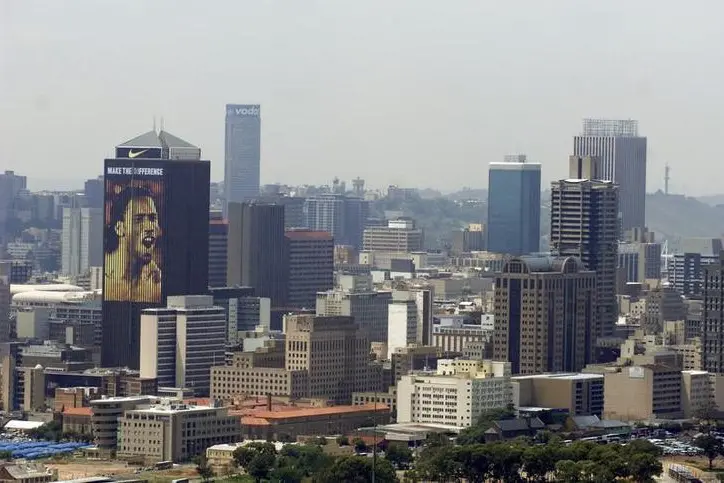PHOTO
The International Monetary Authority (IMF) is reviewing the preparedness of the South Sudanese government to benefit from a new financing plan ahead of the November 15 compliance deadline, highlighting the fund’s commitment to Juba’s economic, governance and political reform agenda.
An IMF team led by Mame Astou Diouf visited Juba from September 25 to October 2 to hold discussions with the authorities on the third review under the Staff-Monitored Programme with Board Involvement (PMB)."The mission discussed performance towards the PMB quantitative targets at end-June 2024 and progress in implementing the structural benchmarks,” Ms Diouf said in a statement on Wednesday.“Discussions to underpin the completion of the third review of the Staff-Monitored Program with Board Involvement will continue in the coming weeks.”The PMB framework was developed by the IMF in 2022 to benefit countries that are subject of an ongoing concerted international effort by creditors or donors to provide substantial new financing or debt relief or have significant outstanding IMF credit under emergency financing instruments.
IMF staff monitored programmes are usually used when an IMF member country is not able to implement an IMF-supported programme.
In February 2023, the IMF put South Sudan on this programme with several targets, including a requirement that authorities publish all signed oil production-sharing agreements with oil-extracting companies as well as quarterly reports on the oil sector.
The programme is designed to support South Sudan’s reform agenda aimed at maintaining macroeconomic stability and debt sustainability and improving governance and transparency with the objective of building a track record towards an upper credit tranche financial arrangement.“The mission focused mainly on performance and policies underpinning the third review of the PMB. Discussions covered recent macroeconomic and policy developments, program performance, and near-term prospects and policy plans,” Ms Diouf said.
The PMB for South Sudan has been extended twice by three months each previously, and Juba requested another six-month extension to November 15, 2024, to implement the outstanding structural reforms targeted under the PMB and bring macroeconomic policies back on track.
The extension is expected to give the government time to implement corrective actions on salary arrears, monetary financing, exchange rate policy, strengthen the macroeconomic policy framework to respond to recent external shocks and take steps toward improving the transparency of oil revenue and its use, especially for spending under the oil-for-roads programme.
South Sudan faces several macroeconomic challenges, partly resulting from the spillovers of the war in neighboring Sudan and recurrent flooding that have deteriorated economic and social outcomes.
The pipeline that carries about 70 percent of South Sudan’s oil exports has been inoperable since February 2024 and the decline in oil revenues has resulted in a slowdown of economic activities, depreciation of the South Sudanese Pound, arise in inflation, and poor budget execution.
In addition, disruptions to freight traffic in the Red Sea have increased insurance costs for the oil cargo supplied through South Sudan’s other pipeline, and the war in Sudan has also resulted in a large influx of refugees to South Sudan.“Monetary policy has struggled to contain inflationary dynamics, mainly due to rapid reserve money growth and limited FX auctions. This is despite the usage of the term-deposit facility created in October 2022 to improve liquidity management,” the IMF said.
South Sudan’s policy and reform agenda aims to recalibrate near-term macroeconomic policies to cope with the oil production shocks while maintaining economic stability and debt sustainability; and further improve governance and transparency.
Juba is grappling with a shortage of dollars as a result of declining revenues from oil production -- the nation’s chief revenue earner – on depleted wells and military conflict in Sudan.
Its reduced foreign exchange flows as a result of the collapse in oil exports since February 2024 has put pressure on the foreign exchange market, and reserves have declined since then.
Since April 2023, Sudan has been engulfed in a conflict between the army and the RSF, leading to the deaths of tens of thousands and the displacement of millions, both within Sudan and across its borders.
The conflict has also severely damaged the healthcare system and infrastructure, pushing the country to the brink of famine.
© Copyright 2022 Nation Media Group. All Rights Reserved. Provided by SyndiGate Media Inc. (Syndigate.info).




















